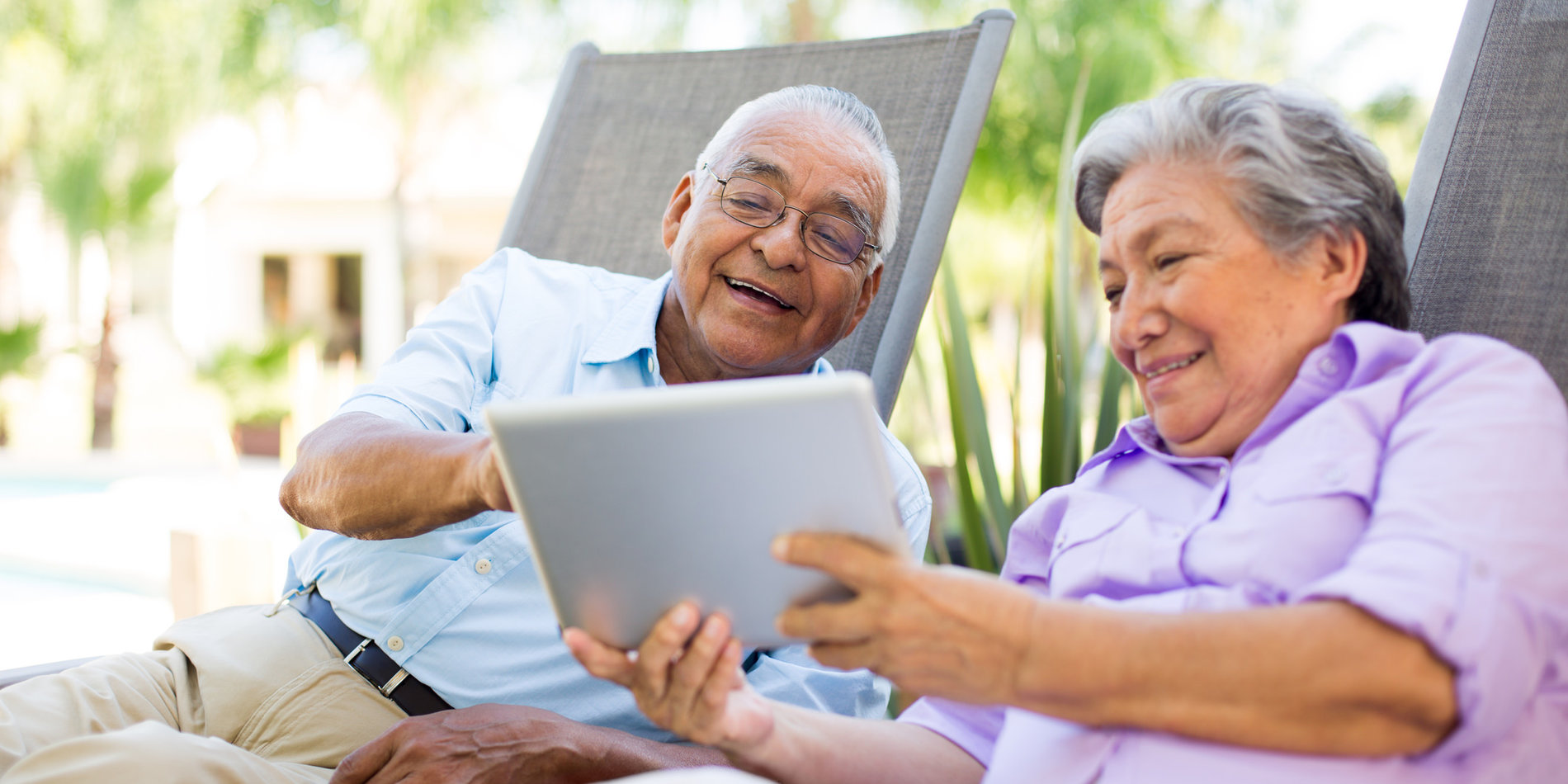Health Care Clinicians: Latest Information and Coping Resources
Coronavirus (COVID-19) presents new challenges for everyone. However, health care clinicians are facing unique personal and professional challenges within the context of a rapidly shifting landscape.
Such challenges may include:
- managing patient and personal health/safety risks for COVID-19 exposure
- adopting technology and shifting patient care to video visits
- managing physical distancing and de-contamination protocols for in-person clinic visits
- rapidly changing organizational protocols for patient care procedures
- diminished staff/colleague support due to quarantine and illness
- health/safety concern for one’s family
- balancing professional and personal needs with children at home
- lack of medical-grade personal protection equipment (PPE) for patient care
- being in a higher risk demographic due to age or health conditions, and/or having higher risks family members in the home
- reduction in income
- interfacing with colleagues and family members who are continually stressed
- disruption of daily routine
- disruption of normal social supports
Individuals may find themselves managing multiple new challenges at once. Some medical professions, such as anesthesiology, emergency medicine, or intensive care incur greater risks for contamination risks due to performing intubation procedures on hospitalized COVID-19 patients. Health care clinicians wearing full-body personal protective equipment (PPE) in the hospital are faced with physical barriers to self-care during shifts: eating, drinking, and lavatory visits may be delayed or eliminated, leading to depletion in personal reserves.
In this MedPage Today article, I outline 10 essential coping practices for health care clinicians in the time of COVID-19. While these practices are important for all us, health care clinician self-care is more important than ever to:
- buffer against new stressors
- boost immunity
- maintain mental and physical wellness
- ensure performance in a time of great need
The article includes free tools to support stress management and wellness. MedPage Today is also hosting a living compendium of COVID-19 information and personal coping resources that will be updated regularly.
Patient Access to Pain Medications During COVID-19
Patients are facing additional risks and challenges associated with accessing medical care and medications during COVID-19. People with health conditions are more medically vulnerable and yet current systems require them to break quarantine and ‘shelter in place’ orders in order to attend medical visits required for them to maintain their pain prescriptions.
In the time of COVID-19, receiving standard medical becomes increasing risky as exposure risks exist in clinics and pharmacies, places where sick people seek care. For patients with pain, reducing COVID-19 risks means minimizing the number of trips patients must make to clinics and pharmacies, and allowing them to remain at home where their health is best protected.
Recently the American Medical Association (AMA) issued policy recommendations to help states better advocate for patients needing pain medications, and to reduce patient risks during COVID-19.
Key policy recommendations include:
- Waive limits and restrictions on prescriptions
- Waive testing requirements and in-person counseling requirements for refills
- Allow for telephonic counseling to fulfill state prescribing and treatment requirements
- Enhance home-delivery medication options for patients with chronic pain




